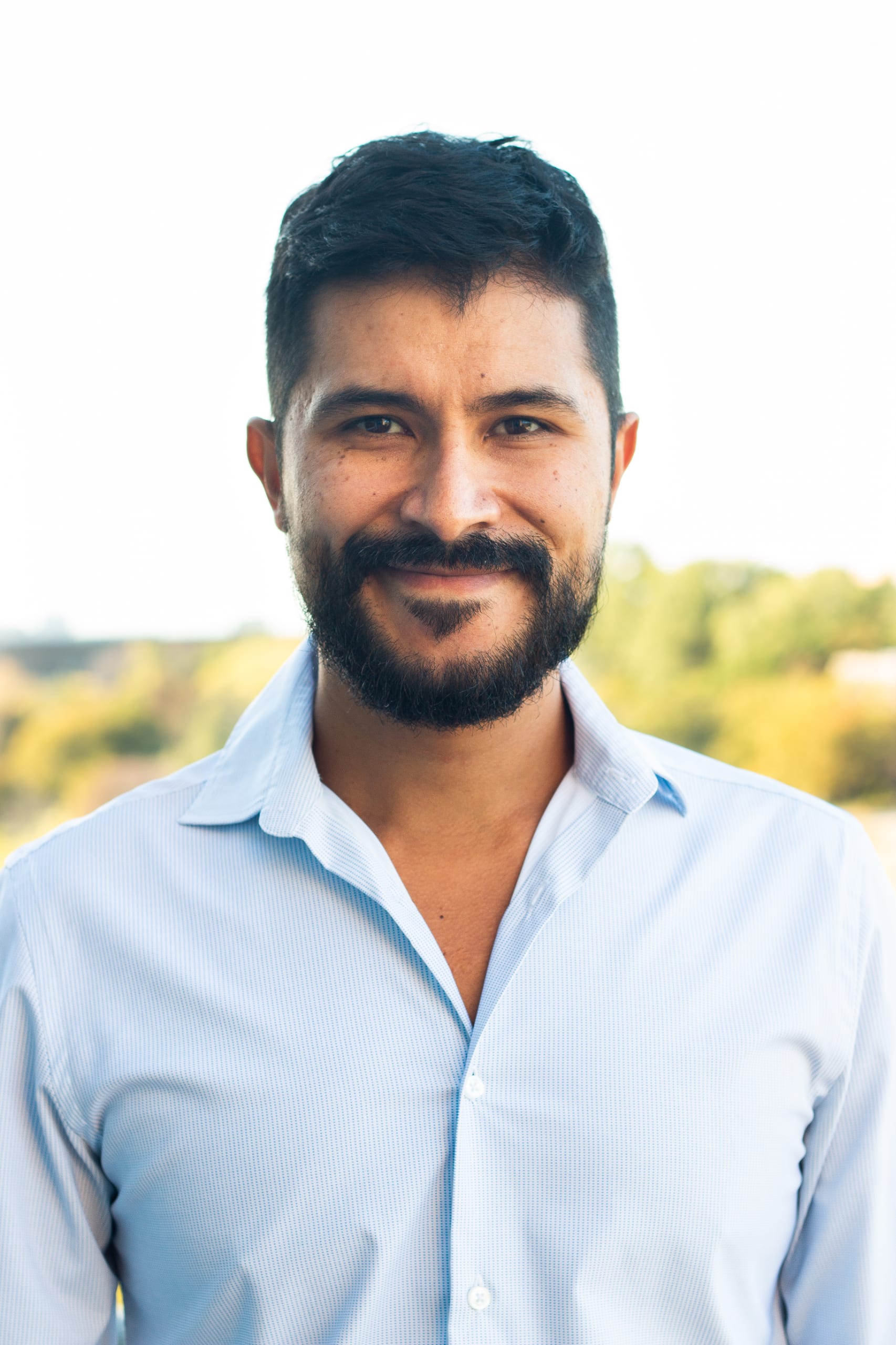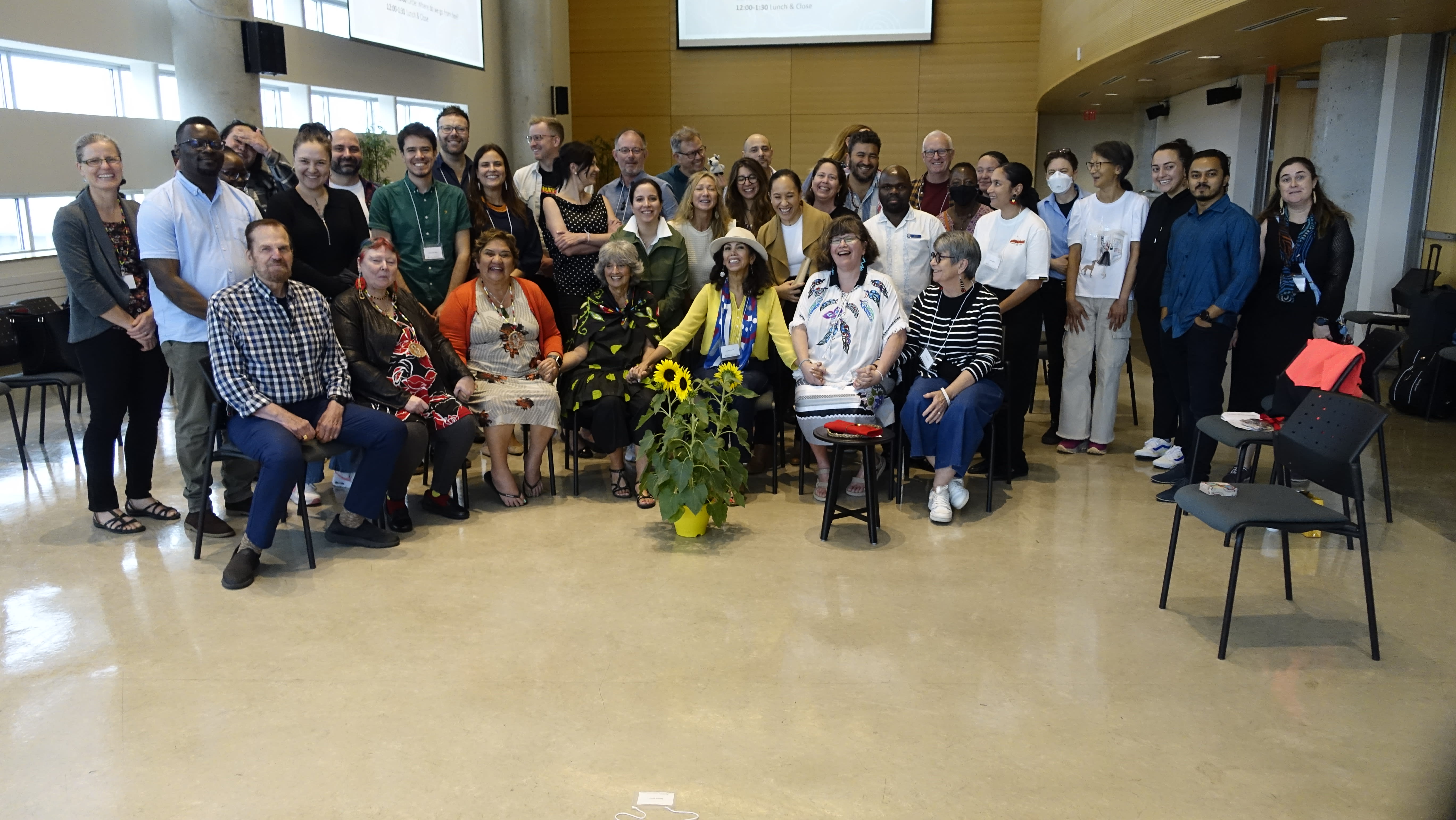International development often sparks controversy due to the power imbalances that arises when industrialized countries control funds meant to improve conditions in Global South nations.
A new approach called localization puts local communities at the forefront of development projects, giving them more control and ensuring that development projects align with their needs. However, despite interest in localization, there’s been little research on it nor is there a consensus on its operationalization or standards.

This is why Professor Nelson Duenas has received a SSHRC Insight Development Grant for his project titled “The Localization Agenda: Implications for accounting and management of international development resources.” His goal is to explore how localization can be implemented within Global South communities.
“I started my professional career in the international development sector,” says Duenas “I have seen the need to redress (its) historical and colonial tendencies, (how) local organizations are perceived as deficient. I think that the localization agenda provides a good opportunity to truly place local organizations at the centre of aid responses.”
Impact of localization on global partnerships
Duenas will investigate how localization is developed and applied in international development, as well its impact on non-governmental organizations’ (NGOs) accountability and donor-NGO relationships. He’ll conduct a case study with a Global South NGO and interview key stakeholders, such as international NGOs and co-operation agencies.
Research findings could feed public policy to better support Canada’s commitment to localization, and change how projects handle accounting, measure performance and ensure accountability, making practices more responsive to local community needs.
Moreover, the research could contribute to the decolonization of international development by incorporating local communities’ perspectives and recognizing diverse social and cultural viewpoints.










